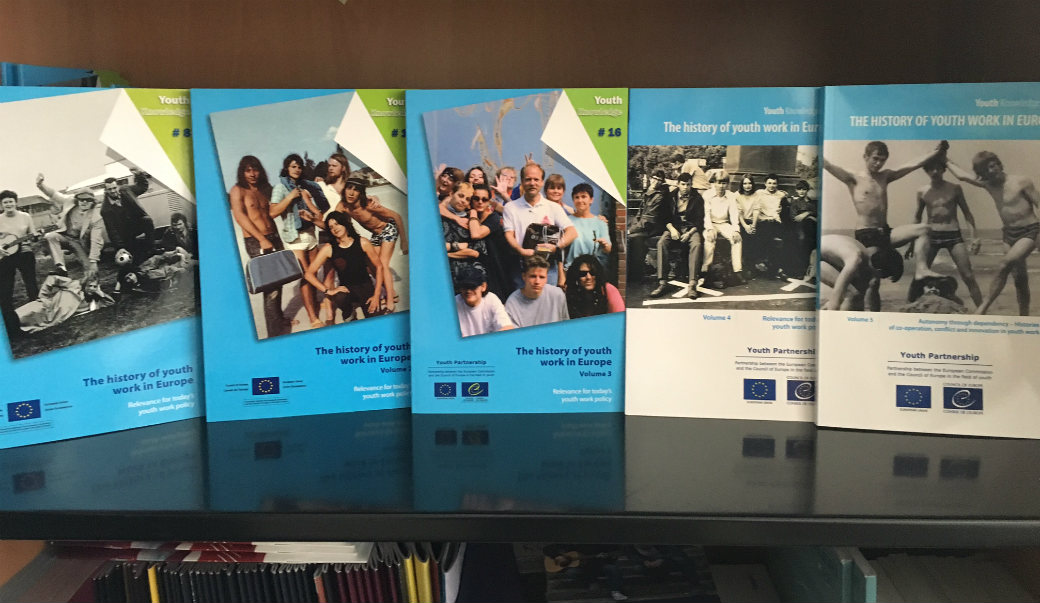The past is a foreign country: they do things different there
(LP Hartley)
In order to learn from our past, the partnership between the EU and the Council of Europe in the field of youth organised since 2008 a series of seminars on youth work history in Europe. These events were initiated and supported first by the Flemish Community (#1-2008, #2-2009, #3-2010), then by Estonian (#4-2011) and Finnish (#5-2014) governments. Now Malta took the initiative to hold the 6th gathering on youth work history in Europe and lessons for today’s youth work, organised jointly by the EU-CoE youth partnership, the Maltese authorities and Agenzija Zghazagh, Malta.
These workshops do not aim at purifying an essential youth work concept irrespective of historical and cultural context. Rather it was the aim to identify the close links between youth work developments and broader social and cultural trends. Tracing back the roots of youth work and identifying different evolutions within and between countries must help us to feed a fundamental discussion on youth work’s multifaceted and multi-layered identity and to cope in a constructive way with recurrent youth work dilemmas (for instance targeted versus universal, agency driven or lifeworld oriented, …). Historical consciousness also enables us to go beyond restrictive discussions driven by the issues of the day. In that sense the history sessions want to clarify what youth work is, without confining youth work’s identity to a description in terms of current methods.
From an institutional perspective, the history sessions aimed at contributing to the political objectives
- “to promote and support research in youth work and youth policy, including its historical dimension and its relevance for youth work policy today” as highlighted in the Resolution of the Council of the European Union on youth work and
- “to encourage national and European research on the different forms of youth work and their value, impact and merit” as stressed in the draft recommendation of the Council of Europe Committee of Ministers to member States on Youth Work.
Or, to put it more simply, as Federica Mogherini, High Representative of the European Union for Foreign Affairs and Security Policy, said in her speech at the Culture Forum in Brussels on 20th April 2016: we should be “proud of our heritage, open to the world. There is no other way to navigate a globalised world. If you don’t know where you come from, you get lost very easily”.
All history sessions have extensively shown that youth work is a ‘social’ animal (Williamson, 2009). The current discussion in many countries however is colored by rather technical discussions on excluding some methods and including others, on defining boundaries between youth work and school or social work or on (supposed) new methods to contribute to the social integration of vulnerable young people. This restriction of the discussion to rather methodical questions with direct relevance for today’s policies makes youth work a vulnerable practice, especially in these times of austerity.
The seminar “Connections, Disconnections and Reconnections - The social dimension of youth work in history and today", intended to look at social inclusion of young people through youth and social work. It aimed at identifying concepts, tools and support measures for socially excluded young people and promoting a common understanding of youth work as social practice; further it invited a couple of countries which had not been part of earlier reflections to tell their (hi-)stories about youth work.

